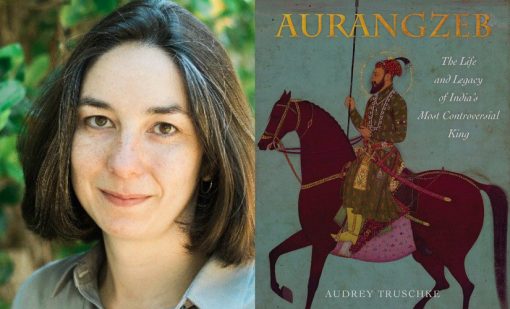
An American scholar has expressed concern over the present trend in India of deliberate distortions in the writing of history, which she says further the agenda of manufacturing hatred against different sections of peoples. Historian Audrey Truschke, author of the bestselling book Aurangzeb – The Man and the Myth, teaches South Asian history at Rutgers University in New Jersey. She has emphasised the need for a reappraisal of Aurangzeb's role in Indian history.
Truschke told The Citizen that she was drawn to the life and times of the Mughal emperor as she felt strongly that a lot of the opprobrium heaped on Aurangzeb appeared motivated and based on half-truths and falsehoods.
Truschke's ongoing visit to India was turned into a controversy when a planned lecture at Hyderabad had to be cancelled under threat from Hindutva organisations. The gutsy scholar, who has been invited to speak by the Centre for the Advanced Study of History at the Aligarh Muslim University, said that those who try to "control the writing of history" are those who are afraid of history.
The historian, who says she constantly receives threats from die-hard rightwingers, said that a distorted picture of Aurangzeb and Mughal rule was deliberately created by British historians for the sole purpose of dividing Hindus and Muslims, and to show British rule in a better light.
Truschke believes that any independent study of Aurangzeb would confirm that he had his own "vision of justice and raw political power", adding that her own research convinced her that in fact Aurangzeb was "obsessed by the idea of justice" to be meted out to his subjects. She said that in the dispensation of justice "Aurangzeb never distinguished between Hindus and Muslims".
While Aurangzeb did destroy some temples during his reign, imposed the jazia tax on Hindus, and was a religious puritan himself, according to Truschke the scale and import of these actions has been grossly exaggerated by most historians, who failed moreover to analyse the historical context in which the emperor indulged in such aberrant behaviour.
Truschke said that her study of the sources showed her clearly that Aurangzeb was "currently being used as a symbol for spreading hate, and also for censoring the writing of history in India".




